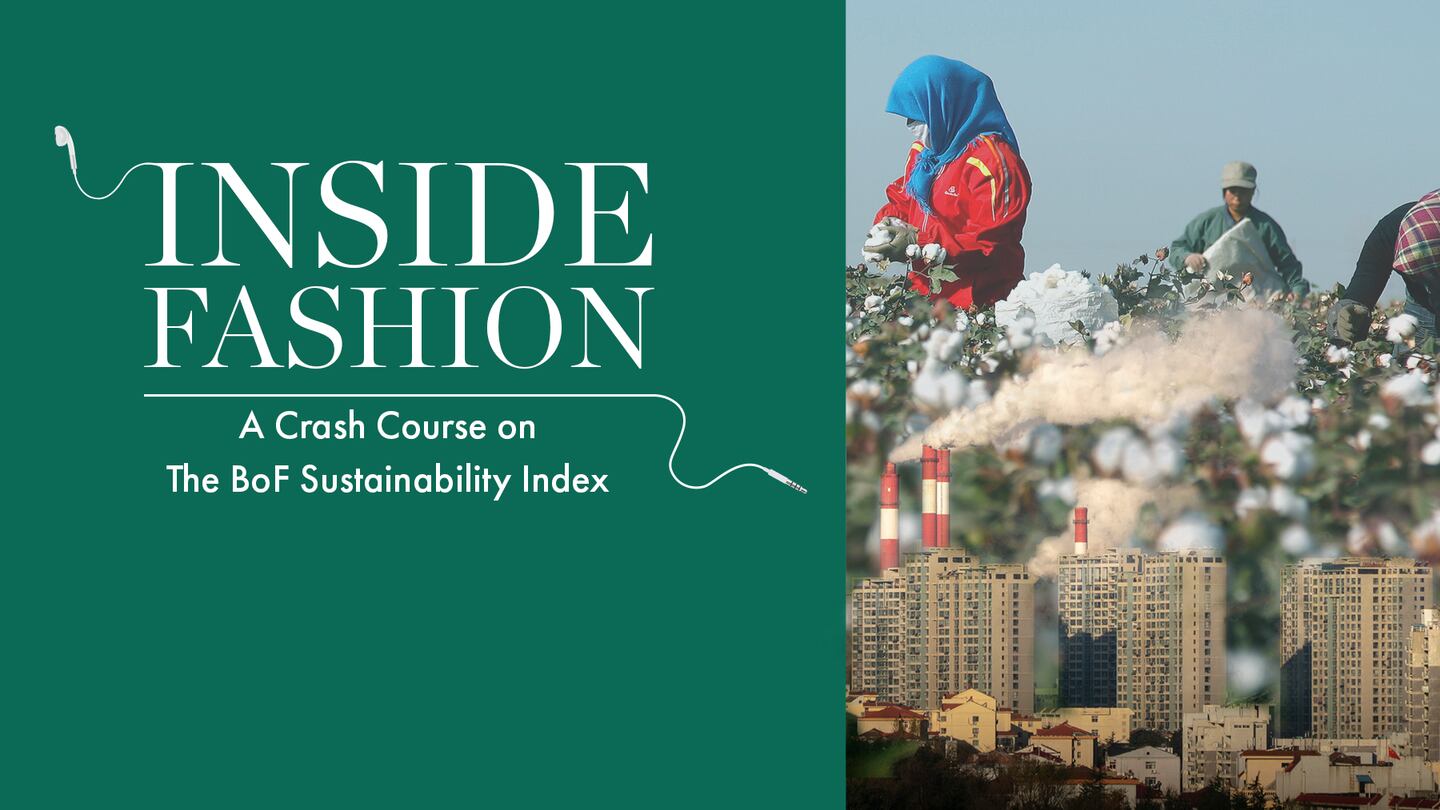
The Business of Fashion
Agenda-setting intelligence, analysis and advice for the global fashion community.

Agenda-setting intelligence, analysis and advice for the global fashion community.

 Opens in new window
Opens in new windowTo subscribe to the BoF Podcast, please follow this link.
Fashion’s negative impact on people and the planet is in focus like never before. Pressure to change is coming from investors, consumers, regulators and even inside big brands themselves. Companies are responding with high-profile commitments to do better. But are they actually making a difference?
In the latest episode of the BoF Podcast, London editor Sarah Kent and editor-in-chief Imran Amed discuss The BoF Sustainability Index, an in-depth analysis of how 15 of fashion’s largest companies measure up on sustainability.
Related Articles:
ADVERTISEMENT
Sustainability: What Brands Are Prioritising in 2021
The Waste Opportunity: How Fashion Could Turn Trash to Treasure
Fashion’s Long Road to Transparency
Join BoF Professional for the analysis and advice you need. Get 30 days for just $1 or explore group subscriptions for your business.

Imran Amed is the Founder, CEO and Editor-in-Chief of The Business of Fashion. Based in London, he shapes BoF’s overall editorial strategy and is the host of The BoF Podcast.

Sarah Kent is Chief Sustainability Correspondent at The Business of Fashion. She is based in London and drives BoF's coverage of critical environmental and labour issues.
The fashion industry continues to advance voluntary and unlikely solutions to its plastic problem. Only higher prices will flip the script, writes Kenneth P. Pucker.
The outerwear company is set to start selling wetsuits made in part by harvesting materials from old ones.
Companies like Hermès, Kering and LVMH say they have spent millions to ensure they are sourcing crocodile and snakeskin leathers responsibly. But critics say incidents like the recent smuggling conviction of designer Nancy Gonzalez show loopholes persist despite tightening controls.
Europe’s Parliament has signed off rules that will make brands more accountable for what happens in their supply chains, ban products made with forced labour and set new environmental standards for the design and disposal of products.